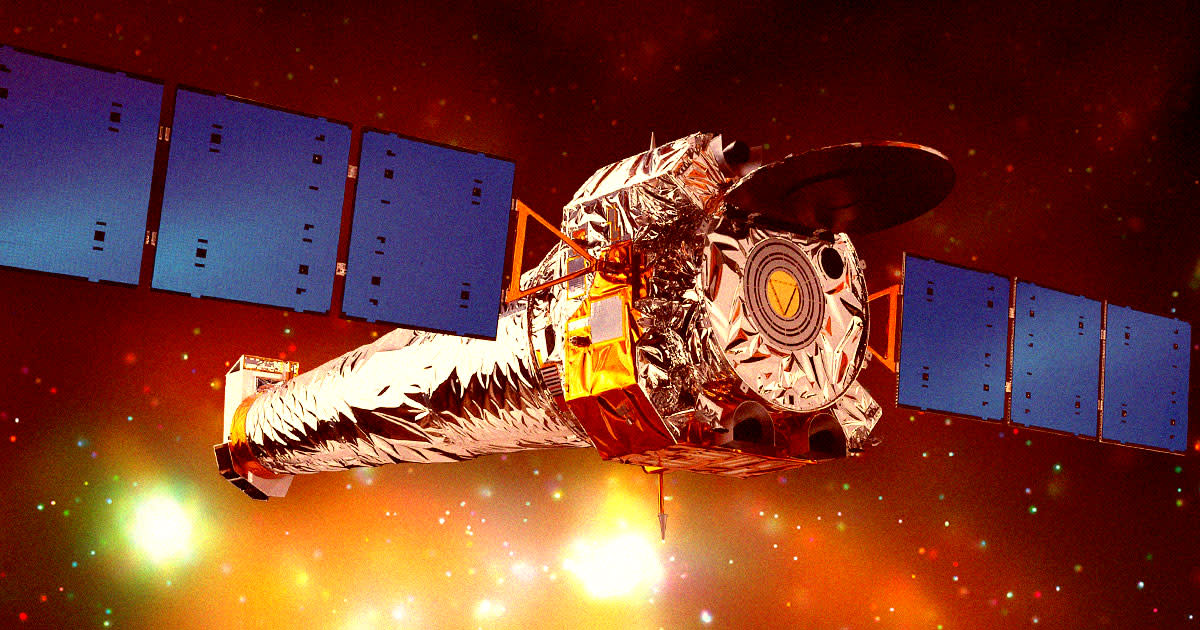Astronomers Furious at Plan to Shut Down NASA Space Telescope

Going Dark
For over two decades, NASA's Chandra X-ray Observatory — humanity's most powerful telescope of its kind — has provided astronomers with an unparalleled view, allowing them to better understand the structure and evolution of the universe.
But a potential budget crunch could pose an existential threat to the observatory, Space.com reports.
On March 11, NASA released its proposed budget for fiscal year 2025, introducing stringent spending caps that could force Chandra to go dark. The space agency suggested cutting spending on the observatory from $68.3 million in 2023 to just $41.1 million in 2025, and then just $26.6 million in 2026. The budget could drop to just $5 million by 2029.
"The reduction to Chandra will start orderly mission drawdown to minimal operations," NASA wrote in its budget proposal.
Unsurprisingly, the news came as a wakeup call for scientists working with the observatory.
"For scientists who rely on Chandra for their research, the mood is one of shock," Patrick Slane, director of the Chandra X-ray Center, told the publication, "but the energy to push back on this decision is high."
X-Nay
The Chandra Observatory has played an important role in scanning the skies for X-rays, something NASA's other "Great Observatories" — including the Hubble and James Webb Space Telescope — can't do.
By studying these signals, scientists have learned a great deal about black holes and neutron stars. They've even spotted planets outside our galaxy.
It was also ahead of its time, and future observatories likely won't be able to match Chandra's sensitivity.
"The Athena X-ray observatory being developed by ESA — though currently undergoing budgeting pressures of its own — would provide many similar capabilities, with much larger collecting area," Slane told Space.com, "but with angular resolution that will fall short of Chandra's exquisite imaging capabilities."
Worse yet, NASA's own follow-up to Chandra called Lynx didn't make the cut for "high-priority development funding," he added, meaning that it likely won't be launched until at least the mid-2030s.
Even the agency's era-defining Hubble has seen notable reductions in NASA's budget proposal.
Slane told Space.com that there's still a chance scientists could convince NASA to reconsider its budget.
If the Chandra observatory were to go dark, it'd leave a gaping hole in scientists' efforts to understand the universe.
"If you turn Chandra off, the hit to x-ray astronomy in the US is huge," Ohio State University astrophysicist David Weinberg told Scientific American. "Maybe there will be enough outcry from the astronomy community that NASA will decide we should do something else."
More on the observatory: Gaze Upon the Brutal Beauty of Four Massive Black Holes About to Crash

 Yahoo News
Yahoo News 
